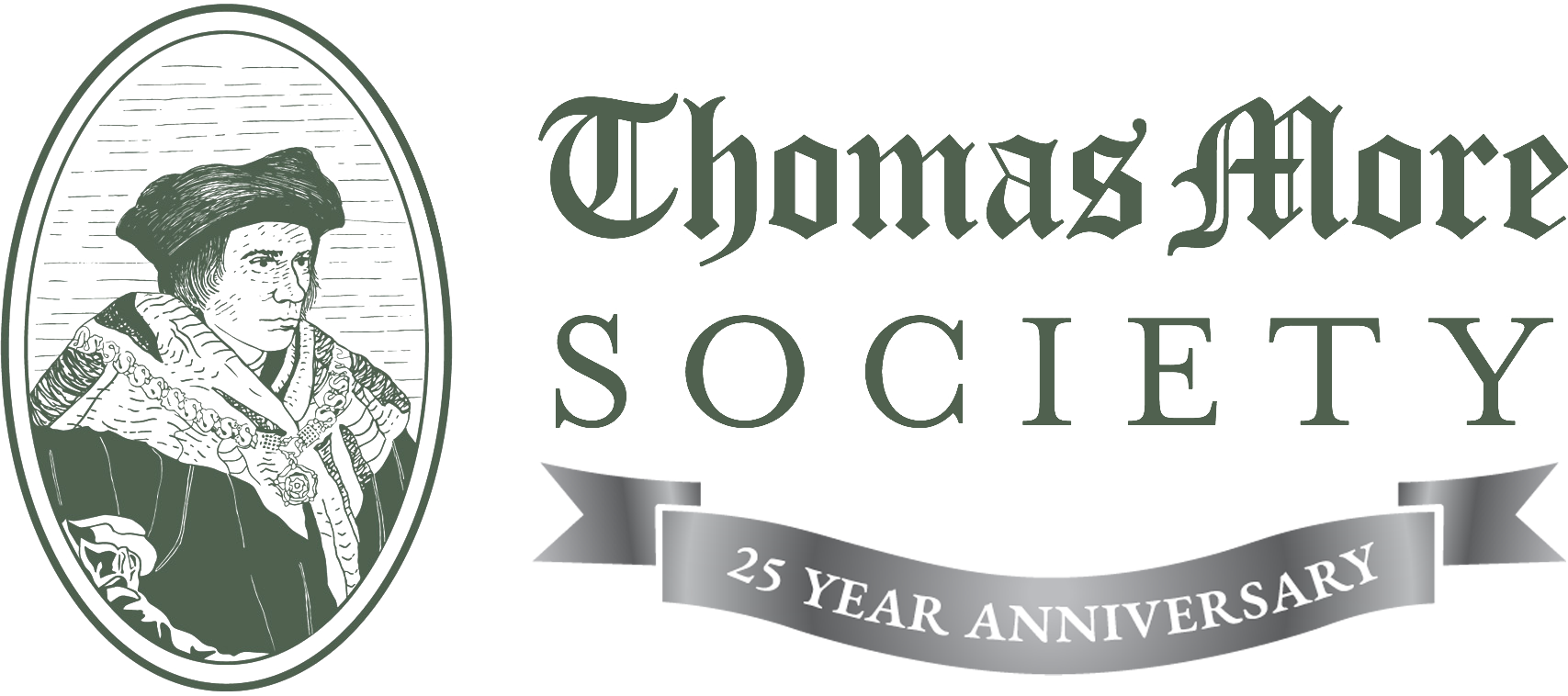Electronic Registration Information Center and Partisan 501(c)(3) Organizations Target Democrat Voter Turnout

The grass-roots organizations that the Thomas More Society works with have been looking at voter turnout rates in recent election cycles, especially in the swing states.
The Thomas More Society first identified the almost half billion dollars Mark Zuckerberg gave to the Center for Tech and Civic Life (CTCL), which in turn granted it largely to large Democrat cities in swing states to get out Democrat votes. Rural areas, which do not vote on balance Democrat, were largely ignored in the CTCL funding. When this partisan behavior was exposed, twenty-four states banned such private funding of public election offices.
The partisan left has other arrows in its quiver, as described in an article by Hayden Ludwig of Restoration News in Inside Democrats’ Best-Kept Secret (Parts one and two). These involve the strategy of dozens of partisan 501(c)(3) groups to register and get out the vote for Democrat candidates.
The article focuses on partisan 501(c)(3) organizations who are running registration and get out the vote campaigns. Ludwig points out that the IRS Code prohibits non-profits from running partisan registration campaigns. However, according to Ludwig, the law is not being enforced.
Ludwig focuses on the activities of two partisan 501(c)(3) organizations, the Center for Voter Participation (CVP) and the Center for Voter Information (CVI). These organizations focus on partisan voter registration efforts. In the 2022 election cycle, these organizations mailed over 85 million voter registration applications in 32 states, likely significantly influencing voting in favor of Democrats. Again, almost a half billion dollars was spent on these efforts.
Many of the mailers were sent to “EBUs”, eligible but unregistered individuals. According to Ludwig, the key to voting is registration, “Who registers, wins”.
Thomas More Society has found that partisan organizations also have help in identifying EBUs. The Electronic Registration and Information Center (ERIC), founded in 2012 by left-leaning politicos, has contracts with dozens of states that help ERIC to identify EBUs. It is known that this information is shared with other partisan groups, like the Center for Election Innovation and Research (CEIR). All of these relationships are hidden from the public because ERIC contracts contain non-disclosure agreements that restrict even state entities from releasing the State contracts with ERIC. There are hundreds of organizations on the left working on voter registration and getting out the vote which may also be receiving EBUs and other voter targeting information from ERIC.
Ludwig quoted Thomas More Society Special Counsel Erick Kaardal, who said:
The election integrity challenge is to have state courts hold that 501(c)(3) funds can’t be used for voter registration of targeted progressive demographic groups—urban residents or students. The Internal Revenue Service has stated such funds can’t be used directly or indirectly for biased voter registration. But there is no authorization for suing in federal courts. So, the only remaining choice is taxpayer standing lawsuits in state courts—which is good enough.
These partisan groups try to keep their strategy under wraps. The California-based PAC Mind the Gap informs its supporters to donate money to 501(c)(3) and (c)(4) organizations that focus on voter registration. Mind the Gap helps to identify the key swing state races to support. But in a private strategy memo the organization recommends keeping their strategy secret, so as to avoid push back and hostility from Republican groups.
The Thomas More Society’s partner organizations are also studying public university spending of tax dollars or 501(c)(3) donated partisan dollars to run registration and get out the vote activities on campus. Since students tend to vote democratic, providing extra voting assistance to students but not to other similarly situated groups is smart from a partisan perspective but of doubtful legality.
The Thomas More Society will continue to investigate issues concerning the deliberate changing of America’s electorate and educate the public on its findings. Elections need to be free of partisan money that influences the actions of public officials in election offices, on campuses, and in other government offices.


